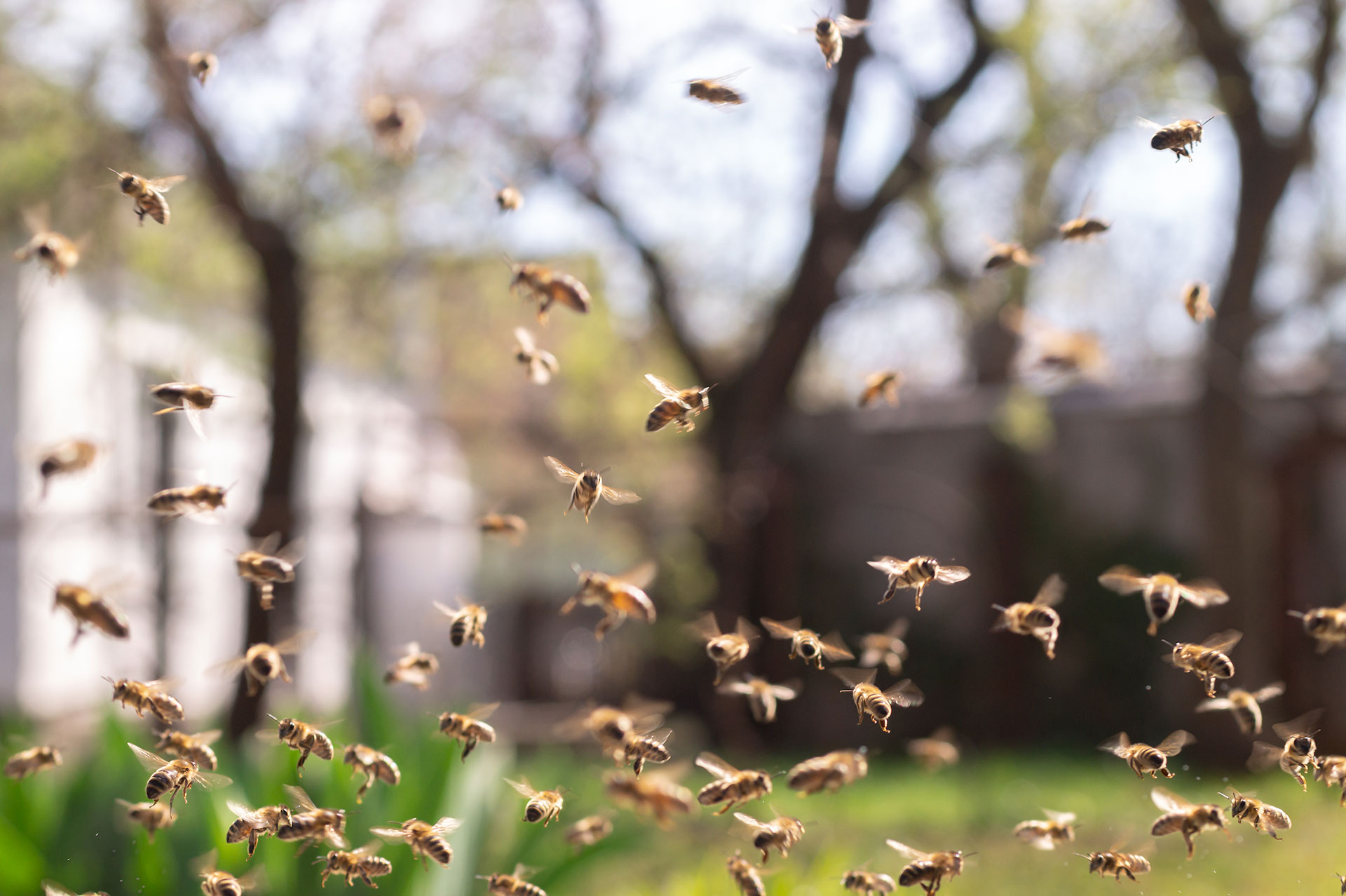Preventative Measures: How to Keep Bees and Wasps Away from Your Property

In areas where the warm months are alive with not just the buzz of activity from locals but also from bees and wasps, knowing how to deter these stinging insects is essential for enjoying your outdoor spaces. The Bee Hunter, a top pest control service, offers expert advice on keeping these insects at bay and living peacefully with nature. Here’s a detailed guide on preventative measures to keep bees and wasps away from your property.
Understanding Bees and Wasps
Before discussing prevention strategies, it’s essential to understand that bees and wasps play crucial roles in our ecosystem, including pollination and controlling insect populations. However, when their nests are too close to human habitats, they can pose risks, especially to those with allergies. Differentiating between the two can also help determine the best approach for deterrence, as their behaviors and attractants can vary.
Regular Inspection and Maintenance
Seal Entry Points
Wasps, in particular, seek shelter in the quiet corners of your home. Regularly inspect the exterior for cracks, loose siding, or unsealed vents, and seal these potential entry points. This keeps wasps away and prevents them from establishing nests within your home’s structures.
Keep Outdoor Areas Clean
Both bees and wasps are attracted to food sources. Ensure your outdoor eating areas are clean, with food spills promptly wiped away. Covering food during picnics and barbecues can significantly reduce the attraction. Additionally, ensure that tightly sealed garbage and recycling bins do not entice these insects with food residues.
Landscaping to Deter Bees and Wasps
Choose Plants Wisely
Some plants can attract bees and wasps, while others repel them. Incorporating spearmint, thyme, and eucalyptus into your garden can naturally deter these insects. Conversely, reduce plants that attract bees and wasps, such as clovers and sweet-smelling flowers, near your living spaces.
Maintain Your Garden
Regular garden maintenance is vital. Overgrown shrubs and untrimmed hedges can offer shelter for bees and wasps. Keeping your garden tidy reduces these hiding spots and makes your property less appealing for nesting.
Water Source Management
Bees and wasps need water, making any water source on your property a potential attractant. Managing standing water by emptying trays under flower pots, fixing leaky outdoor faucets, and keeping birdbaths clean and refilled with fresh water can help minimize attraction.
Professional Nest Removal
Early Detection and Removal
Early detection of nests is crucial. If you spot a nest forming on your property, contact a professional like The Bee Hunter for safe removal. Early removal can prevent the colony from growing and reduce the risk of stings.
Why Professional Help is Essential
Dealing with bees and wasps can be dangerous, especially for those with allergies. Professionals have the knowledge, experience, and equipment to safely remove nests without unnecessarily harming insects and without risk to you or your family.
The Bee Hunter: Your Ally in Pest Management
The Bee Hunter specializes in humanely and effectively removing bees and wasps in Natick, MA. With a deep understanding of these insects and a commitment to environmental stewardship, The Bee Hunter provides services that respect the ecological role of bees and wasps while ensuring your property remains safe and enjoyable.
Keeping bees and wasps at bay requires a combination of proactive measures, from regular property maintenance to thoughtful landscaping. These steps allow you to enjoy your outdoor spaces without unwanted guests. And remember, for nest removal or when the situation is beyond simple preventative measures, The Bee Hunter in Natick, MA, is ready to assist, ensuring your safety and the preservation of these vital insects.
